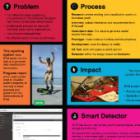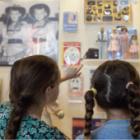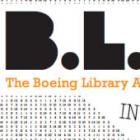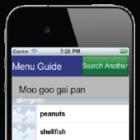
SYM Reporting System for Helping Homeless Youth
The National Runaway Switchboard estimates that on any given night there are approximately 1.3 million homeless youth living unsupervised on the streets, in abandoned buildings, with friends or with strangers. At the same time, general statistical software is usually unaffordable for non-profit youth caring organizations. Finally, lack of person-focused statistics makes it hard to provide person-focused caring.
The SYM reporting system was developed to help Street Youth Ministries by providing an overall view of activities, generating impact reports to sponsors, and detecting the young people who need immediate care, thus hugely improving the efficiency of resource allocation.









